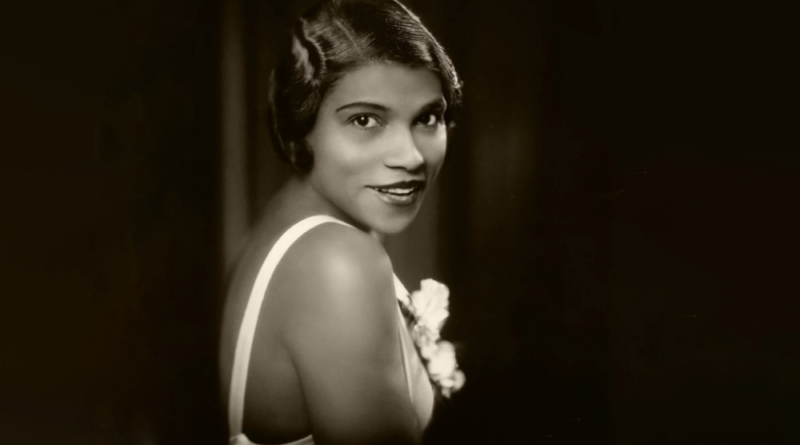This Week In Black History April 3-10, 2024
MARIAN ANDERSON
1930—Ras Tafari is proclaimed Emperor of Ethiopia—one of the only African nations to successfully resist European colonization. He is renamed Haile Selassie. Blacks in many parts of the world view him as a god-like figure. Indeed, Jamaicans form a religion in his honor. They call themselves Rastafarians. Selassie could trace his ancestry as far back as the Queen of Sheba and King Solomon of the Christian Bible.
1950—Carter G. Woodson, the father of Black History Month, dies at age 74 in Washington, D.C.
1961—Comedian-actor Eddie Murphy is born in Brooklyn, N.Y.

1968—Dr. Martin Luther King Jr. delivers his powerful and prophetic “I’ve Been to the Mountaintop” speech in Memphis, Tenn. Many felt he used the speech to predict his own death. He was assassinated the very next day—at 6:01 p.m., April 4, 1968.
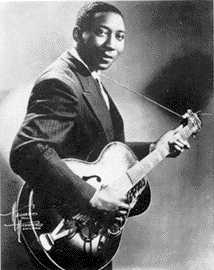
1915—Muddy Waters is born McKinley Morganfield in Rolling Fork, Miss. Walters would go on to become one of the primary shapers of that genre of music known as the blues. Indeed, he was easily one of the most influential musicians of the first half of the 20th century.
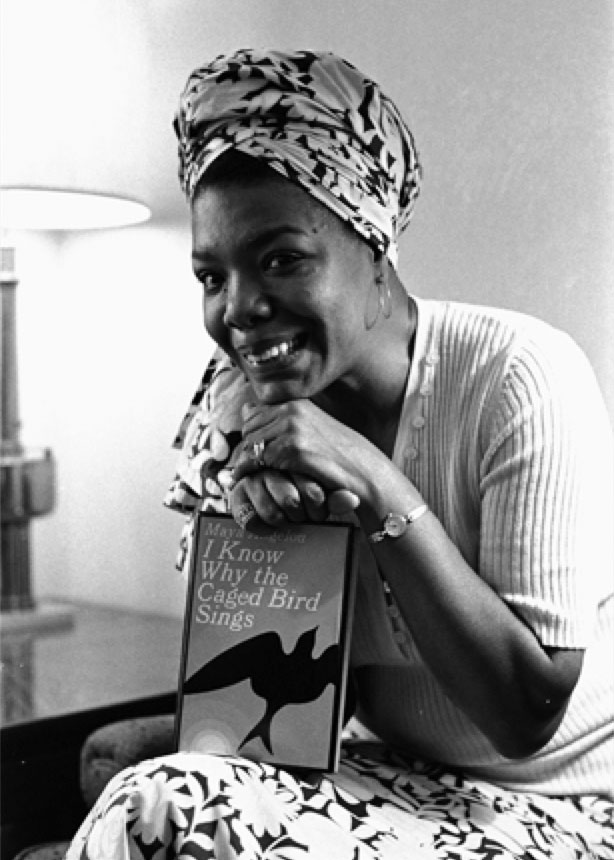
1928—Poet Maya Angelou is born Marguerite Johnson in St. Louis, Mo. Angelou now ranks as one of the greatest poets in America. But her talents have also been expressed as a playwright, author, producer, historian and civil rights activist.
1967—Civil rights legend Dr. Martin Luther King Jr. formally announces his opposition to America’s war in Vietnam during a speech before the Overseas Press Club in New York City. The speech brought King even greater opposition from the federal government, especially then-FBI Director J. Edgar Hoover. It also alienated some Black leaders who felt it was a mistake to mix domestic civil rights issues with foreign policy issues. But King charged that “Injustice anywhere is a threat to justice everywhere.”
1968—Dr. Martin Luther King Jr. is assassinated while standing on a hotel balcony in Memphis, Tenn., as he had embarked on a campaign to focus the Civil Rights Movement on economic and financial betterment issues for Blacks. Riots or urban rebellions broke out in over 100 U.S. cities. At least 50 people are killed as over 20,000 federal troops and 34,000 National Guardsmen are mobilized to put down the disturbances. The official finding was that a lone White gunman, James Earl Ray, was responsible for the assassination. However, suspicions remain until this day that the FBI, led by arch-conservative J. Edgar Hoover, was somehow involved in the killing.
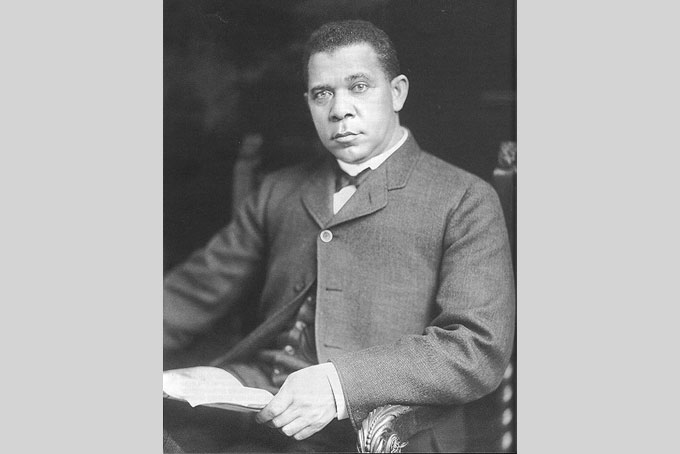
1856—Booker T. Washington is born a slave in Hale’s Ford, Va. He would become one of the three or four most influential leaders in all of African American history. He was one of the nation’s greatest educators, having founded the Tuskegee Institute in Alabama. However, more progressive Black leaders became critical of him after he delivered the so-called “Atlanta Compromise” speech of 1895 in which he appeared to offer an acceptance and accommodation to American racism in exchange of greater vocational training of African Americans.
1976—The infamous COINTELPRO documents are released. In response to an accidental discovery at a warehouse and a freedom of information lawsuit, the FBI is forced to release documents detailing an intensive and extensive campaign to disrupt and destroy civil rights and anti-war organizations and their leaders. Among the documents released was a letter dated Aug. 25, 1967 which made clear that one of the campaign’s chief aims was “to expose, disrupt, misdirect, discredit or otherwise neutralize the activities of Black nationalists …” But the FBI’s definition of “Black nationalist” was so broad that even moderate civil rights organizations and their leaders were targeted to be neutralized. For example, the letter characterized the SCLC (Southern Christian Leadership Conference) as one of the organizations having “radical and violence prone leaders…” The leader of the SCLC was Dr. Martin Luther King Jr.

1990—Jazz great Sarah Vaughn dies. Vaughn was born in Newark, N.J., in 1924 and went on to become what many considered “the world’s greatest singing talent.” She was known as the “incomparable Sarah Vaughn.”
1798—One of the nation’s most famous and accomplished early Black pioneers, James Beckwourth, is born. The product of a White slave owner and a Black slave mother, Beckwourth acquired his freedom and became a successful fur trader. He would later become a scout for the Rocky Mount Fur Company. However, in 1824, he joined the Crow Indian nation and married a Crow woman. He would later move west where he discovered an important passageway through the Sierra Nevada Mountain Range. The passage was named “Beckwourth Pass,” after him.
1846—Dred Scott and his wife, Harriet, first file suit claiming their freedom. The case would eventually lead to Supreme Court Justice Roger B. Taney’s infamous “Dred Scott Decision” in 1857. Scott had basically argued that by being taken from the slave state of Missouri and living in free states or territories for seven years he was in effect a free man. The case finally reached the U.S. Supreme Court. In a 7 to 2 decision written by 80-year-old Chief Justice Taney, himself a former slaver owner, Scott’s argument was rejected. In one of the most racist Supreme Court decisions ever issued, Justice Taney ruled that neither Blacks nor their descendants could be U.S. citizens and thus had no right to sue for their freedom in U.S. courts. Taney capped off the ruling by saying, “A Negro had no rights a White man was bound [required] to respect.”
1712—The New York City slave rebellion occurs. A group of 27 slaves began setting fires in the city and shooting Whites. At least a dozen Whites were killed before the state militia arrived to brutally put down the rebellion. Following the revolt, slave codes were toughened, 21 Blacks were executed and six committed suicide.
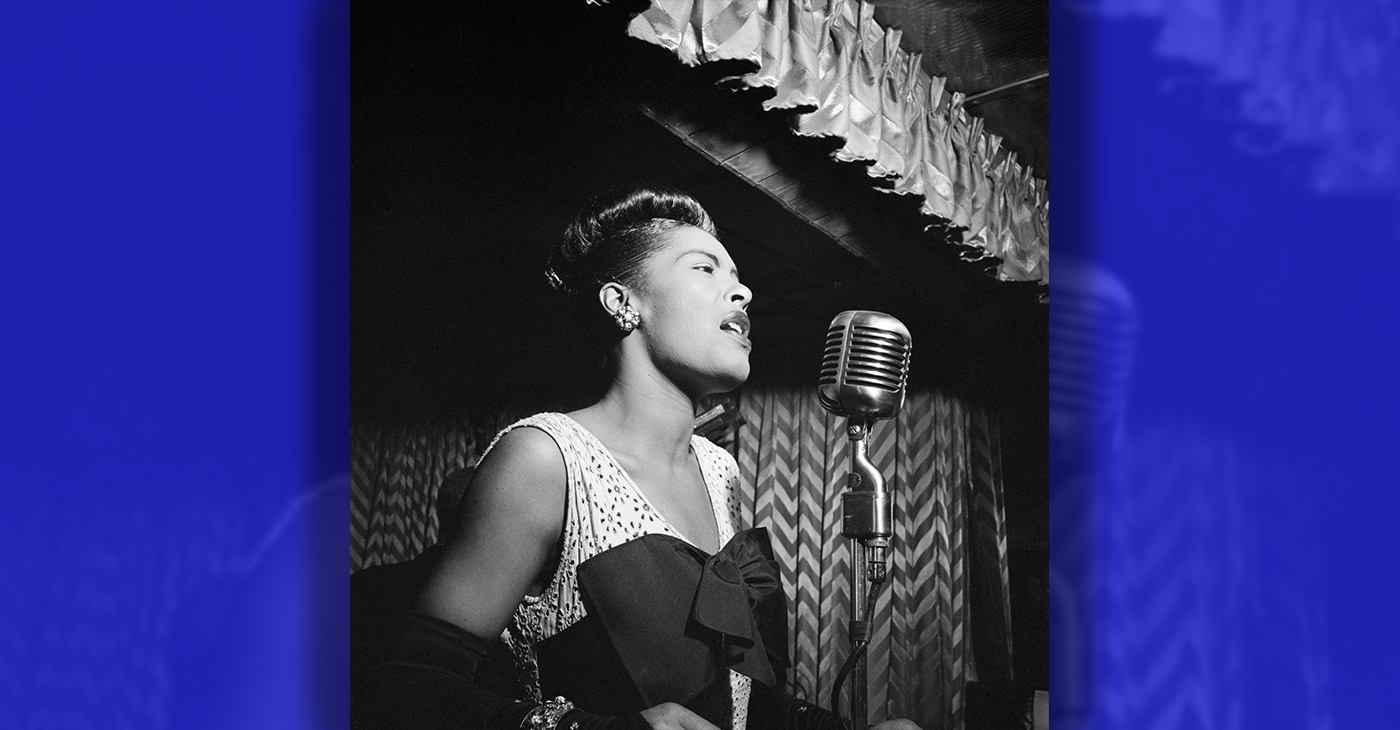
1915—Billie Holiday is born. She would go on to become the greatest blues and jazz singer of her era with songs like “The Man I Love” and “God Bless the Child Whose Got His Own.” She was born to a 13-year-old mother and began her working career as a small girl helping to clean up a Baltimore, Md., whorehouse—a house in which she was also raped. Holiday made money from her performances despite the fact that she never received any royalties from any of the 200 songs she recorded. Drug use was a factor in her premature death at 44.

1974—Hammering Hank Aaron of the Atlanta Braves breaks the homerun record of the legendary Babe Ruth when he hit his 715th homer during a game at Atlanta Stadium.
1990—Scientist Percy Julian, who developed drugs to combat glaucoma and methods to mass produce cortisone, is admitted into the National Inventors Hall of Fame.
1865—Black regiments led an assault on and eventually captured a key Southern fort helping bring the Civil War to an end. The nine regiments led by Gen. John Hawkins smashed through Confederate defenses at Forth Blakely, Ala. The 68th Division of USCT (United States Colored Troops) had some of the highest casualties of the Civil War.
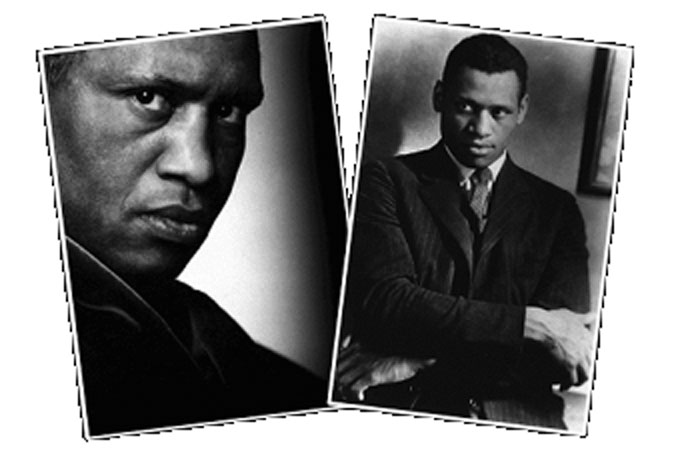
1898—Paul Bustill Robeson is born in Princeton, N.J. Robeson would go on to become the greatest combination of entertainer and social activist in American history. He was a Phi Beta Kappa graduate of Rutgers University while simultaneously being one of the school’s greatest football stars. After graduation he turned to entertainment—acting and singing on stage and in early movies. However, he was also an outspoken critic of American racism and imperialism while being a strong proponent of socialism. This made him the target of a government disruption and destruction campaign. The campaign did not truly produce results until the anti-communist hysteria of the 1950s. Concert halls were closed to Robeson, the media began to attack him unrelentingly, established Black leaders began to shun him and the government took his passport so he could not perform and earn money abroad. Nevertheless, he remained a symbol that would later inspire activist entertainers such as Ossie Davis and Harry Belafonte. Robeson died in Philadelphia Jan. 23, 1976.
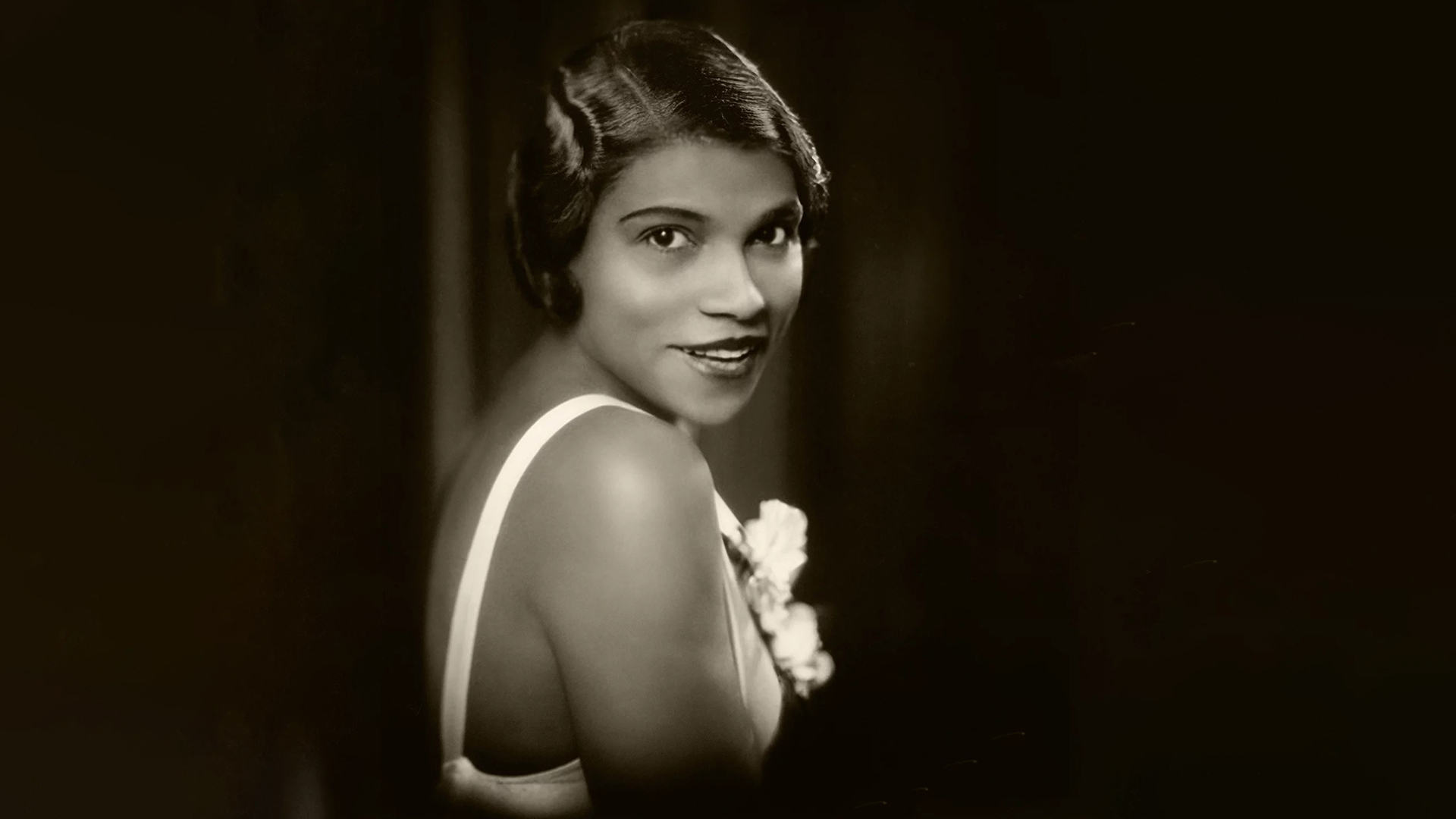
1939—Operatic star Marian Anderson performs for an estimated 65,000 people on the steps of the Lincoln Memorial in Washington, D.C., after the Daughters of the American Revolution make a racist decision denying her the right to perform at Constitution Hall.

